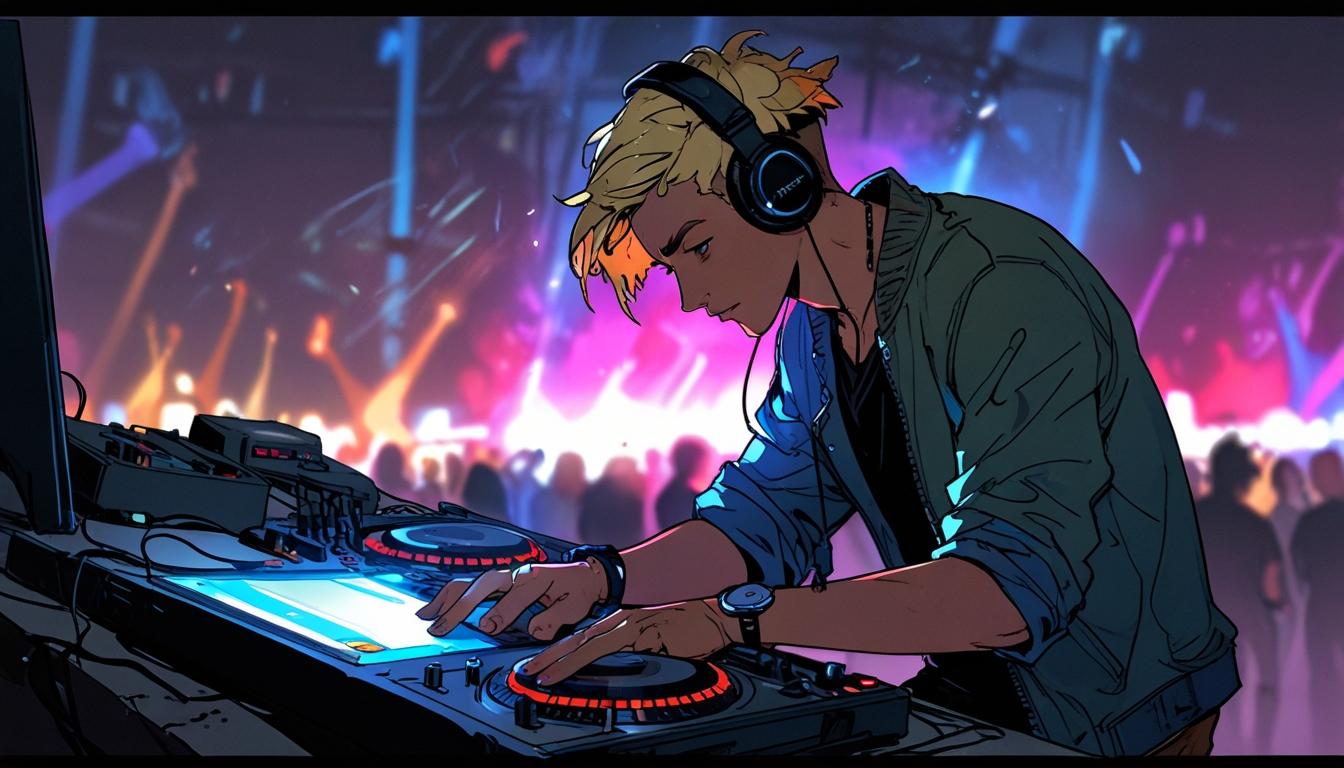A recent survey conducted by the Pete Tong DJ Academy, presented during the ongoing International Music Summit in Ibiza, has shed light on the current state of the electronic music industry, particularly focusing on emerging DJs and producers. The summit, known as a global conference for the electronic music sector, has provided a platform for industry discussions and the release of new research insights.
The comprehensive report, which surveyed 15,000 DJs and producers, revealed a striking trend: 61 per cent of rising artists believe that social media followers and engagement “matter more” than traditional musical skill. This perspective highlights the increasing importance of online presence in shaping music careers in today’s digital age. One anonymous 24-year-old DJ and producer from France encapsulated this sentiment by describing social media interactions as high-pressure tests, stating, “Every [social media] post feels like a test. If it flops I feel like a failure.”
Beyond social media concerns, the survey also highlighted feelings of exclusion and mental health challenges within the industry. A notable 62 per cent of younger DJs and producers characterised the electronic music scene as a “closed club,” implying barriers to entry or progression. Concurrently, 52 per cent reported experiencing anxiety or burnout, and nearly one-third (31 per cent) have contemplated leaving the industry within the past year. Positive outlooks were comparatively scarce; only 35 per cent expressed belief that perseverance and resilience would ultimately lead to success.
In contrast to these personal and perceptual challenges, the broader electronic music industry appears to be thriving economically and socially. The summit showcased data indicating that, for the first time in 2024, the number of TikTok videos tagged with #ElectronicMusic has surpassed those tagged under indie or rap genres. Toyin Mustapha, TikTok’s head of partnerships for the UK and Ireland, explained this trend by noting electronic music’s strong communal aspects: “TikTok users tend to tag the genres of music, especially genres like electronic music. It shows the community they are trying to build and are part of, and electronic music is very much a community-led thing.”
Additionally, the global electronic music industry’s financial footprint has expanded significantly. Over the last 12 months, it generated revenues of $12.9 billion, marking a 6 per cent increase from $12.5 billion in 2023. This growth is largely attributed to increased spending on festivals and nightclub admissions. The live music sector as a whole has seen its value more than double compared to pre-COVID levels in 2024, with leading companies such as Live Nation and Eventim collectively earning around $27 billion. However, analysis suggests that this financial boost may be driven more by higher ticket prices rather than a substantial rise in attendance numbers.
The International Music Summit continues in Ibiza, drawing attention to both the challenges faced by emerging talent and the dynamic growth of the electronic music industry on a global scale.
Source: Noah Wire Services
